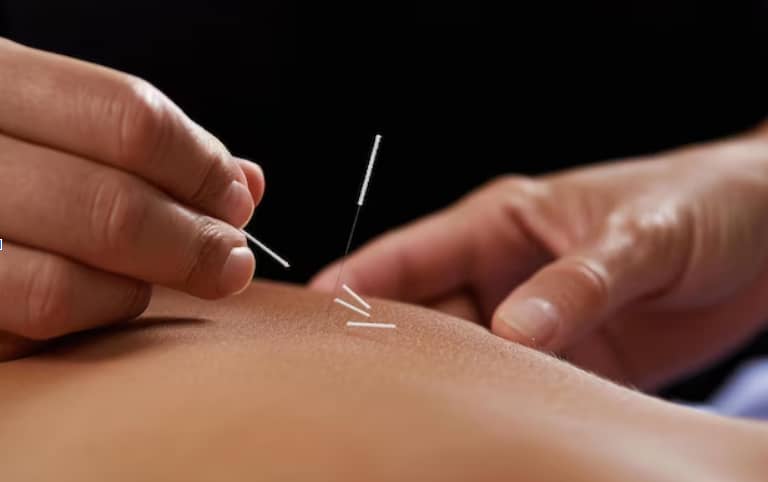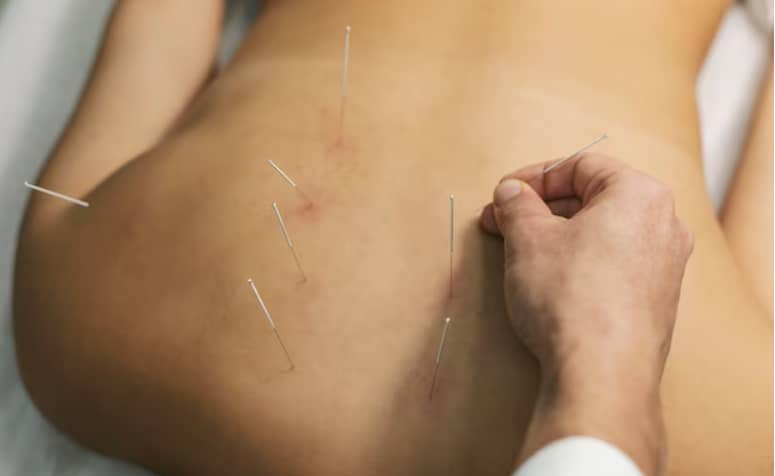
Emotional and Physical Reactions After Acupuncture are a natural part of the healing process as the body restores energy balance. Some individuals experience an emotional release, such as crying or mood shifts, while others may feel temporary discomfort or worsening symptoms initially. These reactions occur as acupuncture stimulates Qi flow, unblocks stagnant energy, and activates the nervous system. Understanding emotional and physical reactions after acupuncture helps navigate the post-treatment experience and ensures long-term wellness benefits. By recognizing these responses as signs of healing, individuals can embrace acupuncture’s transformative effects with confidence.
Why Do I Cry After Acupuncture?
Crying after acupuncture is a natural emotional release caused by the unblocking of energy (Qi) and the stimulation of the nervous system. This reaction helps relieve stored stress, trauma, and suppressed emotions.
Acupuncture works not only on the physical body but also on emotions. The treatment stimulates the nervous system, encouraging the release of neurotransmitters and endorphins, which can lead to emotional responses such as crying. Many people hold stress, trauma, or grief in their bodies without realizing it.
When acupuncture unblocks stagnant energy (Qi), suppressed emotions may surface, facilitating deep healing. Crying after a session is a natural sign that the body is processing emotions and releasing what no longer serves it. This reaction is temporary and often leaves individuals feeling lighter and more balanced afterward.
Why Do I Feel Weird During Acupuncture?
Feeling weird during acupuncture is common due to the activation of the body’s energy flow(Qi). Sensations like tingling, warmth, heaviness, or dizziness are normal responses as Qi moves through the meridians.
Acupuncture stimulates the nervous system and energy channels, leading to various sensations that may feel unusual but are completely normal. Some people experience tingling, warmth, or a sensation of movement within the body as energy blockages are released. Others may feel lightheaded or deeply relaxed due to the activation of the parasympathetic nervous system.
The energy shift can also bring about a dream-like or floating sensation. While these reactions might seem strange, they are positive signs that acupuncture is working. However, if any sensation becomes too intense or uncomfortable, it’s important to communicate with the acupuncturist, who can adjust the treatment accordingly.
Why Am I So Angry After Acupuncture?
Feeling angry after acupuncture is often due to the release of stored emotional energy, particularly in the liver meridian, which is associated with anger. This is part of the body’s natural detoxification process.
Acupuncture helps remove energetic and emotional blockages. According to traditional Chinese medicine (TCM), the liver is associated with the emotion of anger. If there is stagnant Qi (energy) in the liver meridian, acupuncture can help release it, temporarily bringing unresolved anger or frustration to the surface. This is not a negative side effect but a sign that the body is processing and releasing pent-up emotions.
Many people experience emotional shifts during or after acupuncture, such as crying, irritability, or even bursts of energy. These reactions usually subside within a day or two, often leaving individuals feeling more emotionally balanced.
To support emotional detox after acupuncture, practices like deep breathing, light exercise, journaling, or meditation can be helpful. If intense emotions persist, discussing them with your acupuncturist may provide further guidance.

Can Acupuncture Make Inflammation Worse?
Acupuncture typically reduces inflammation, but in rare cases, it may temporarily increase it as part of the body’s healing response. This is short-lived and leads to long-term relief.
Acupuncture promotes circulation, activates the immune system, and triggers the body’s natural healing mechanisms. While it is generally effective in reducing inflammation, some individuals may experience a temporary increase in swelling or discomfort. This reaction occurs because acupuncture stimulates the body’s self-repair process, which can initially intensify symptoms before improvement sets in.
This short-term effect, known as the “healing crisis,” is a sign that the body is responding positively to treatment. Applying ice or practicing gentle movement can help ease any temporary inflammation. If discomfort persists, discussing it with an acupuncturist ensures treatment adjustments for a more comfortable healing process.
Can Acupuncture Initially Make Symptoms Worse?
Yes, acupuncture can temporarily worsen symptoms as the body adjusts and begins the healing process. This is known as a “healing crisis” and typically resolves within a few days.
Acupuncture stimulates the body’s natural detoxification and healing responses. As energy shifts and toxins are released, some people may experience a temporary increase in pain, fatigue, or emotional sensitivity. This reaction, known as the “healing crisis,” indicates that the body is actively working to rebalance itself.
Symptoms may include soreness, mild headaches, or heightened emotions, but these effects usually fade within 24–48 hours. Drinking water, getting adequate rest, and engaging in gentle movement can help support the healing process.
If symptoms persist beyond a few days, consulting an acupuncturist ensures proper treatment adjustments. While initial discomfort may occur, acupuncture ultimately leads to long-term symptom relief and improved well-being.
Conclusion
Acupuncture affects both the physical and emotional body, sometimes leading to temporary discomfort, heightened emotions, or unusual sensations. These reactions indicate that energy blockages are being released and the body is rebalancing. While some symptoms may initially worsen, they are part of the healing process and usually resolve quickly. Understanding these responses allows for a smoother and more beneficial acupuncture experience.

